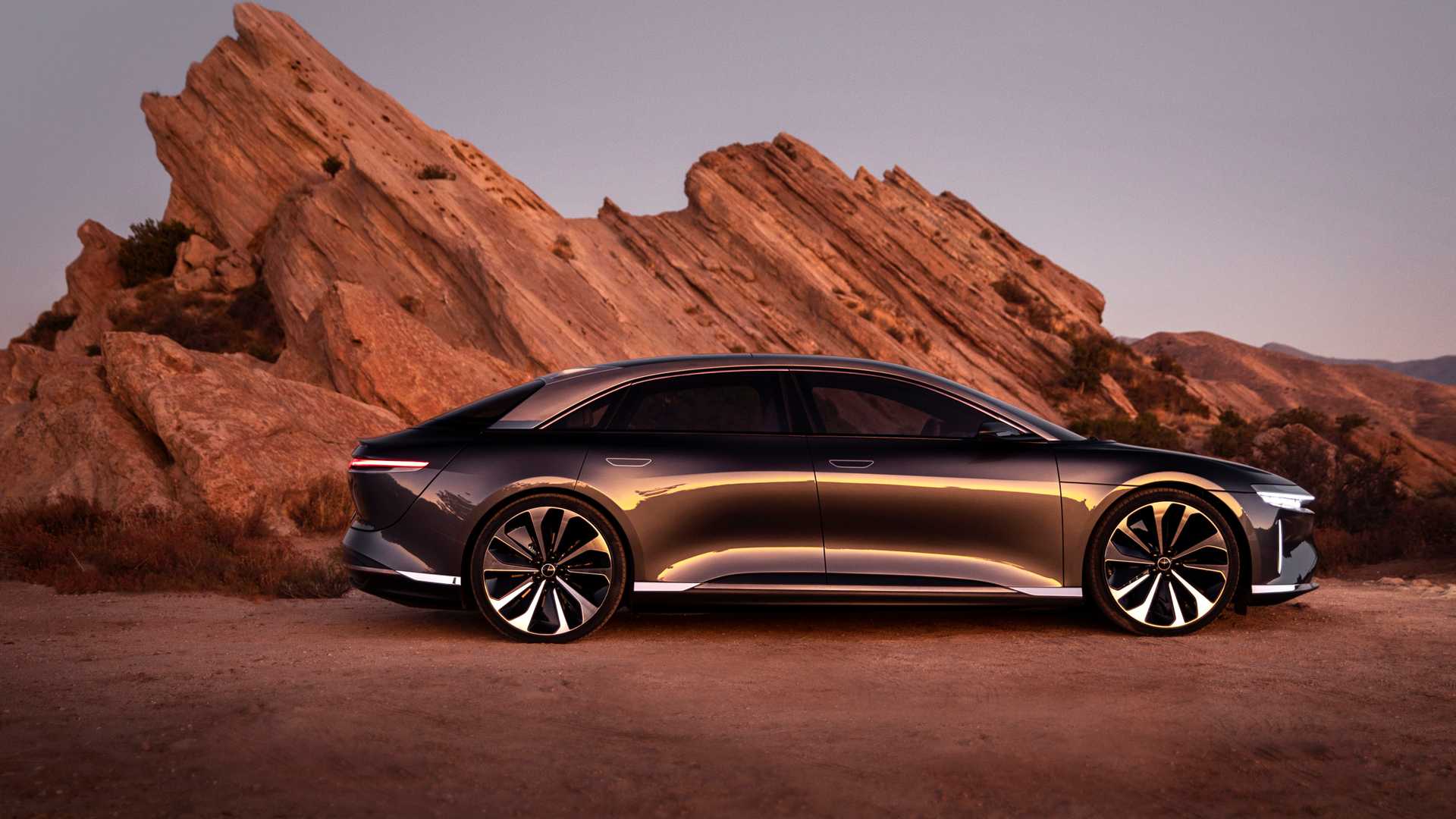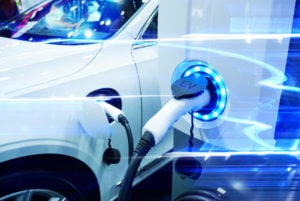Read The Full Article On: Investorplace
Nio is selling both vehicles and a lifestyle
Well, it looks like the naysayers had it wrong about Nio (NYSE:NIO) stock all along.
After a dramatic rise in price in June that saw the Chinese electric car company more than double its stock price, there were plenty of investors who were looking at Nio’s second-quarter earnings announcement as proof that maybe Nio stock was just a flash in the pan.
If you’re a Nio bear, you walked away disappointed. And if you’re bullish on Nio stock like me, you walked away from the August earnings report with some renewed enthusiasm that Nio’s 200%-plus rise so far in 2020 will stick.
Earnings at a Glance
As a new electric vehicle company that’s just ramping up to scale, it was completely expected for Nio to post an earnings loss on Aug. 11. And that’s what happened, although the loss wasn’t nearly as much as analysts had projected.
The loss came in at 15 cents per American Depositary Share versus the loss of 26 cents per share that analysts expected. Revenue was at $493.4 million, versus analysts’ expectations of $504 million.
For the quarter, Nio posted a net loss of $166.5 million and an operating loss of $164.2 million, but that’s a huge improvement from the $469.9 million loss the company posted a year ago.
More importantly, Nio did a good job of churning out the vehicles. It delivered 10,331 of its ES6 and ES8 vehicles, which set a company quarterly record. And Nio announced that it expects to deliver between 11,000 and 11,500 in the third quarter, bringing revenue between $572.9 million and $596.2 million.
Wall Street analysts, meanwhile, are projecting revenue of $537.15 million in Nio’s third quarter.
Founder and Chairman William Li noted that the company notched its best gross margin per vehicle (9.7%) and had positive cash flow for the first time. “The second quarter of 2020 was a milestone quarter for us,” he told analysts.
What’s Driving Nio Stock?
I’m not among those who are taking profits in Nio here, although there was some downward movement in the stock price after the earnings report.
Nio fell 7% after its earnings report and remained down for the rest of the week, registering a 9% loss by week’s end. Part of the problem is surely the ongoing strength of Tesla (NASDAQ:TSLA), which announced a 5-for-1 stock split and reached a high of $1,700 per share recently.
Tesla’s global strength – it now surpasses Toyota (NYSE:TM) as the most valuable automaker in the world – surely has helped raise the profile of Nio and other EV stocks.
But news of Tesla’s stock split, combined with knowledge that registrations of Teslas in China reached 50,000, is hurting Nio here. Nio may have the homefield advantage in China, but Elon Musk’s company has the swagger and a big head start.
That said, there are plenty of Nio bulls out there. J.P. Morgan analyst Nick Lai raised his price target for Nio stock from $11 to $14, predicting that new-energy vehicle demand in China will increase. However, he also predicted a short-term price pullback, citing “stretched” valuations.
Piper Sandler analyst Alexander Potter also boosted his price target, taking it from $4 to $14.
“With a fortified balance sheet and a well-established brand, we thing NIO has a shot at earning the ‘Tesla of China’ moniker,” he wrote in a research note.
The Bullish Case for Nio
Potter isn’t being exactly original here – Nio has been called the “Tesla of China” for a long time now, and Li has been compared favorably to Musk. But there some two advantages that Nio enjoys that make it an enticing stock pick.
The homefield advantage: I touched on this before, but it begs some explanation. Nio is based in China and China has one of the biggest EV markets in the world. But that just scratches the surface.
China’s government has a history of supporting homegrown businesses through policy – it’s one of the key points of tension between Beijing and Washington. As far as electric vehicles go, China offers a subsidy for new electric vehicle purchases.
That subsidy was expected to expire this year, but Beijing extended it to 2022. Plus, the subsidy isn’t expected to be available for foreign companies such as Tesla.
On to of that, China is fully supportive of Nio’s battery swap technology. In short, drivers can pull into battery swap stations and have their old battery switched out with a freshly charged one.
Nio has the processed down to three minutes – and that’s a lot better than sitting at a charging station waiting for energy to flood back into your old battery.
The Chinese EV subsidy is not available for vehicles priced above a certain point. However, vehicles that have battery swap technology are exempt from that threshold.
Now, that’s what I call homefield advantage.
Nio is Selling a Culture
When you buy a Nio vehicle, you’re getting much more than the car. You’re getting the entire brand and culture that Nio is building.
To that end, Nio is creating an entire lifestyle brand that involves fashion and culture. It sells clothing that it says are inspired by its electric cars, and “embodies the spirit of pushing limits and breaking boundaries.”
And it has a series of Nio Houses in which members can congregate, attend forums, use shared workspaces and libraries, and of course to get to know more about Nio products.
The company also has Nio Spaces, which are smaller than the Nio House and includes a showroom with products for sale.
Nio says it hopes to have 200 Nio Houses and Nio Spaces up and running by the end of the year.
The Bottom Line on NIO
As an EV company, Nio is in an enviable position as a favored company operating alongside a government that is keenly interested in homegrown success.
If it is successful in becoming a cultural phenomenon – able to move markets and set fashion or lifestyle trends through the power of its network of Nio Houses and Spaces – then this company becomes one of the most interesting China stocks on the market.
I think the future remains extremely bright for NIO stock.


